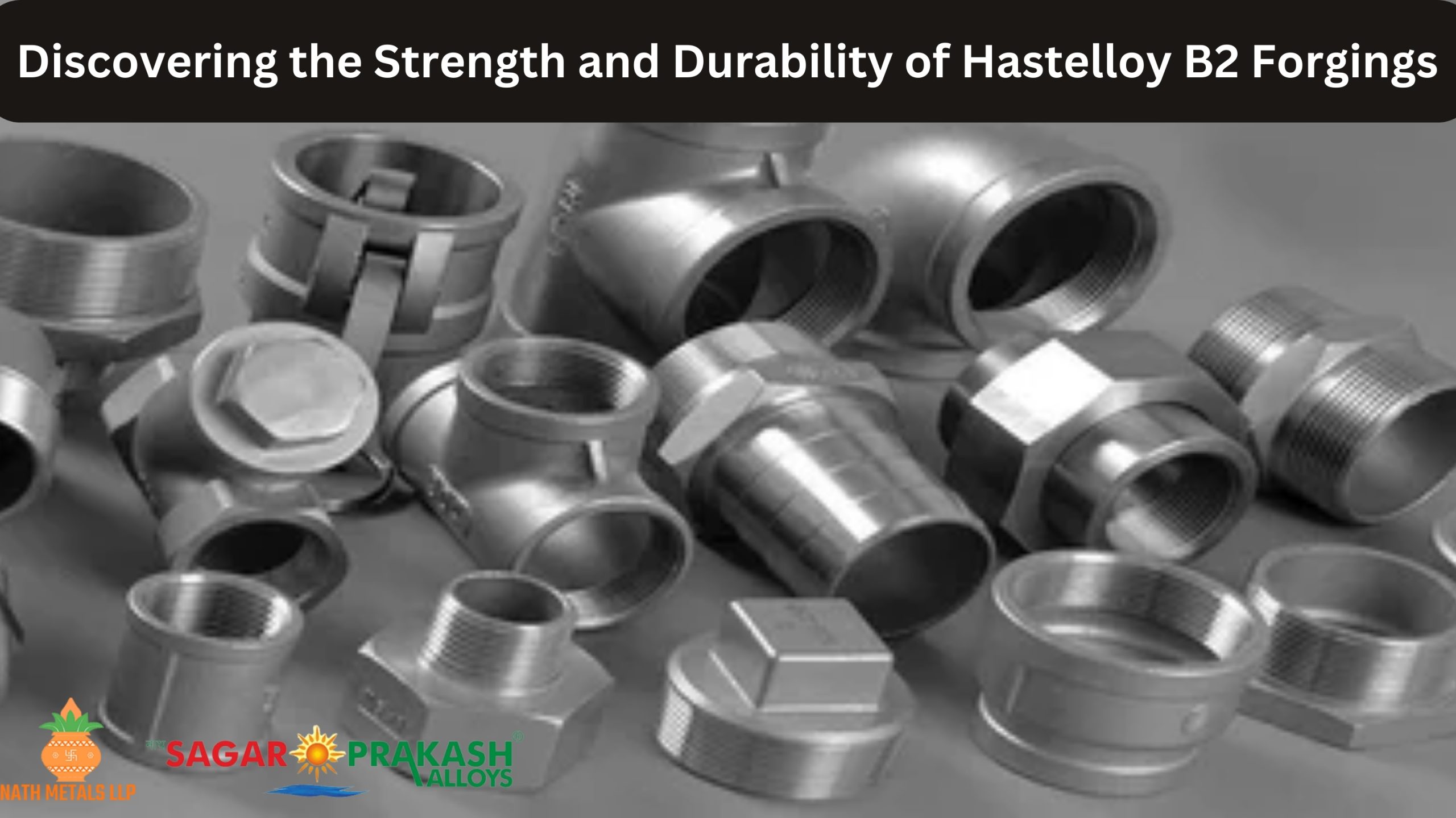The demand for durable and resilient materials is always on the rise, especially in industries that require high-performance equipment and machinery. Hastelloy B2 Forgings have been widely used for these industries in various critical situations where rust, heat, and pressure pose challenges. Hastelloy B2 Forgings are nickel-based alloys that resist pitting, crevice corrosion, and stress-corrosion cracking in harsh industrial environments. In this blog post, we’ll delve into the properties and applications of Hastelloy B2 Forgings and how they have revolutionized diverse industrial fields.
Hastelloy B2 Forgings are popular for their high strength and flexibility, making them suitable for high-pressure and high-temperature environments. These forgings have excellent opposition
to reducing agents, including hydrogen chloride gas and sulfuric acid, and are often used in chemical processing, petrochemical, and oil and gas industries. The nickel and molybdenum composition in Hastelloy B2 Forgings makes them resistant to corrosion caused by chlorides, making them effective in seawater applications. Furthermore, Hastelloy B2 Forgings have low carbon content that reduces the likelihood of weld cracking and enhances its toughness in acidic environments.
Moreover, Hastelloy B2 Forgings resist embrittlement, a common fault in other nickel-based alloys. This implies that Hastelloy B2 Forgings retain their excellent mechanical properties, even while being exposed to high temperatures. They exhibit excellent thermal stability and resist intensive thermal cycling regularity. This makes Hastelloy B2 Forgings highly recommended for use in steam generators, reactors, and other high-temperature applications in nuclear power plants.
Hastelloy B2 Forgings are also increasingly used in the aerospace industry, specifically for manufacturing hot working tools and components of gas turbines and jet engines. These forgings are ideal for parts that demand high strength, oxidation resistance, and thermal stability. The high nickel content also gives these forgings exceptional resistance to creep under high-stress applications. Hastelloy B2 Forgings are increasingly replacing stainless steel and other nickel-based alloys due to their superior temperature resistance and stronger corrosion resistance.
Conclusion:
Hastelloy B2 Forgings are highly sought-after, high-performance alloy forgings that are ideal for various industrial applications. The strong characteristics of Hastelloy B2 Forgings, including resistance to corrosion, reduction, and embrittlement, make it ideal for use in harsh environments such as chemical processing, petrochemical, and oil and gas industries. These forgings’ superior temperature stability, high strength, and oxidation resistance make them perfect for use in aerospace industries. Trust in Hastelloy B2 Forgings to bolster your industrial project to its highest potential.





